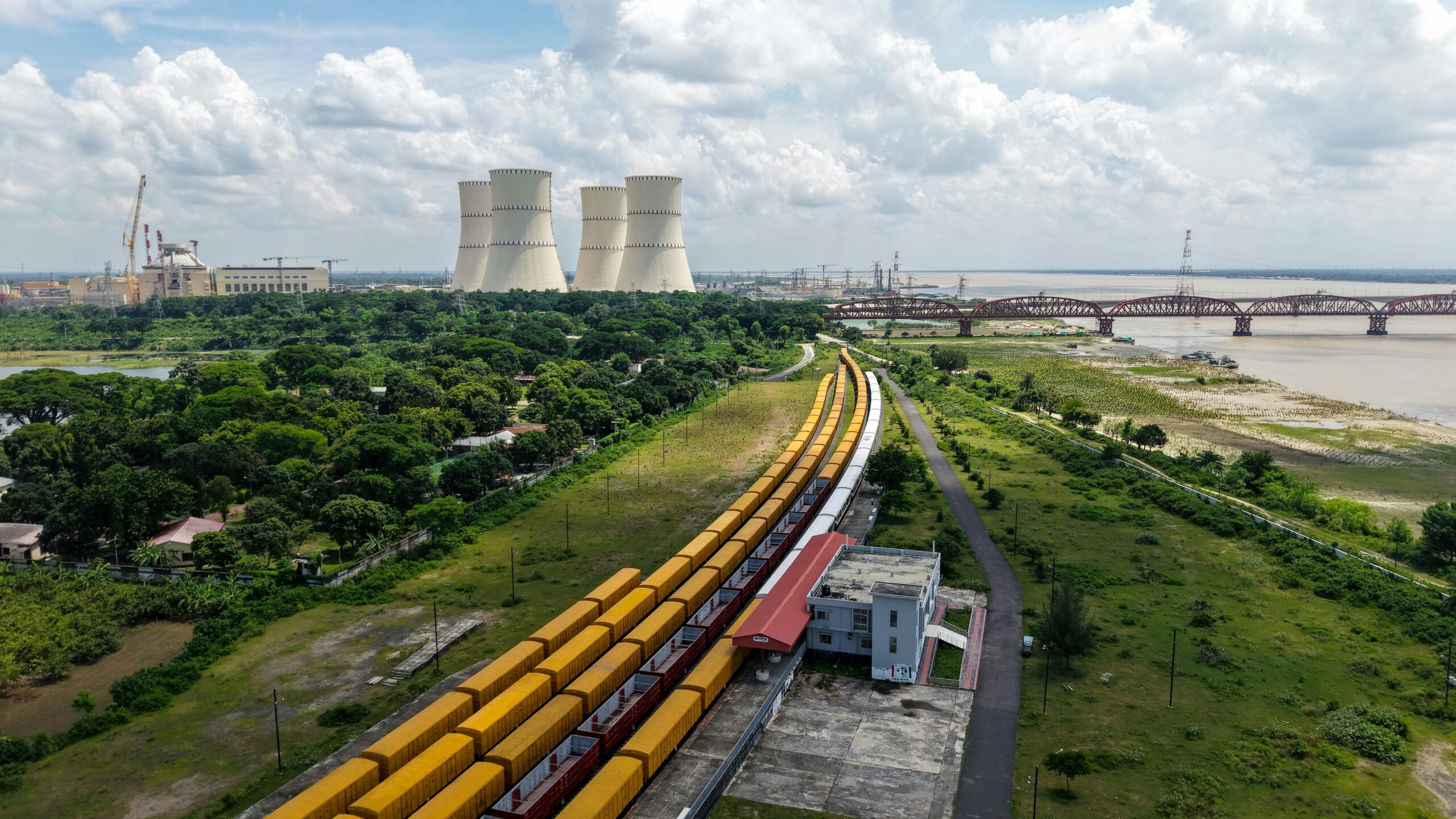 The Chinese market is downright worrying today...
The Chinese market is downright worrying today...
The world's second-largest economy missed growth estimates last quarter. Gross-domestic-product growth came in at 6.3% – much lower than analysts' expectations for 7.3% growth.
On top of that, youth unemployment hit a record 21.3% in June. And government officials say it could climb even higher in July.
There's also China's weakening property market. Investments in property development – a major growth driver for the economy – fell significantly in the first half of the year. They're down 8% from the same period in 2022.
And just last month, two leading Chinese companies – Swire Pacific and New World Development – announced they're selling a combined $8.4 billion in assets to raise capital.
There's growing turbulence in the Chinese economy... to say the least.
That's why I believe the U.S. shouldn't be so aggressive with economic warfare. It could send Chinese companies in a tailspin.
And forced asset sales like we're seeing with Swire and New World are exactly what you'd expect when that happens.
Today, we'll take a closer look at the growing problems Chinese companies are facing... and why forced asset sales are a troubling sign of what's to come.
 Chinese companies are scrambling to raise capital...
Chinese companies are scrambling to raise capital...
However, it's tough to borrow money today... So the only way they can get capital is by trying to sell their assets.
Forced asset sales occur when a company must sell off their assets quickly. This is typically to meet immediate liquidity needs or to reduce outstanding debts.
These sales are generally "forced" in the sense that the company wouldn't sell these assets under normal conditions.
Around the world, companies are struggling to manage their debts as a result of increased borrowing costs. And according to Bloomberg, Hong Kong borrowing costs are the highest they've been in 12 years.
In short, a credit disaster is looming in China.
We covered this about a month ago, when we explained that defaults in China are on the rise. Corporate debt had reached dangerous levels at the end of 2022 – totaling about $29 trillion.
That means investing in the Chinese market is riskier than ever.
One of the best ways we can measure corporate credit risk is by looking at credit default swaps ("CDS"). A CDS is a type of financial derivative that allows an investor to "swap" or offset their credit risk with another investor.
Essentially, it provides insurance against the risk of a default by a particular company or country.
However, only a handful of Chinese companies actually have CDS. There's just not much demand to insure against defaults in this market.
We've created our own way to measure a company's default risk. We call it our "intrinsic CDS" (or "iCDS").
The iCDS builds off of the existing CDS calculation while also leveraging the power of Uniform Accounting. It takes into account the real risk factors a company is facing to understand what its real cost to borrow should be... and whether or not investors should stay away.
An iCDS above 500 basis points ("bps") means that a company carries a good amount of credit risk. As of July 2021, only 580 out of the roughly 5,450 Chinese companies in our database had an iCDS that high. That's only 10%.
Today, though, we're seeing a shift. We now track about 5,500 Chinese companies across our database. And approximately 1,400 of them have an iCDS above 500.
The number of Chinese companies with high credit risk has more than doubled in just two years... That's more than a little concerning.
 To avoid these increasing threats of default, Chinese companies are being forced to sell their assets...
To avoid these increasing threats of default, Chinese companies are being forced to sell their assets...
This could cause a ripple effect. As borrowing costs rise, it becomes more expensive for companies to service their debt.
It's weighing on a lot of companies in China... which is leading to higher iCDS spreads across the board. Investors are demanding more compensation for taking on the risk of dealing with these companies.
Higher spreads, in turn, are forcing companies to sell their assets to offset this risk. If a company is in a tough financial position, selling assets can provide the necessary capital to avoid a default.
However, this can be a dangerous cycle...
While those companies may be clearing out their current default risk, they're shrinking their businesses by doing so. That makes them weaker in the long term.
And as these companies get weaker, lenders may grow more conservative, which leads to even tighter credit conditions.
Evidently, there's trouble abroad. We recommend staying away from Chinese stocks until this credit storm settles.
Regards,
Joel Litman
July 19, 2023



 The Chinese market is downright worrying today...
The Chinese market is downright worrying today... 

